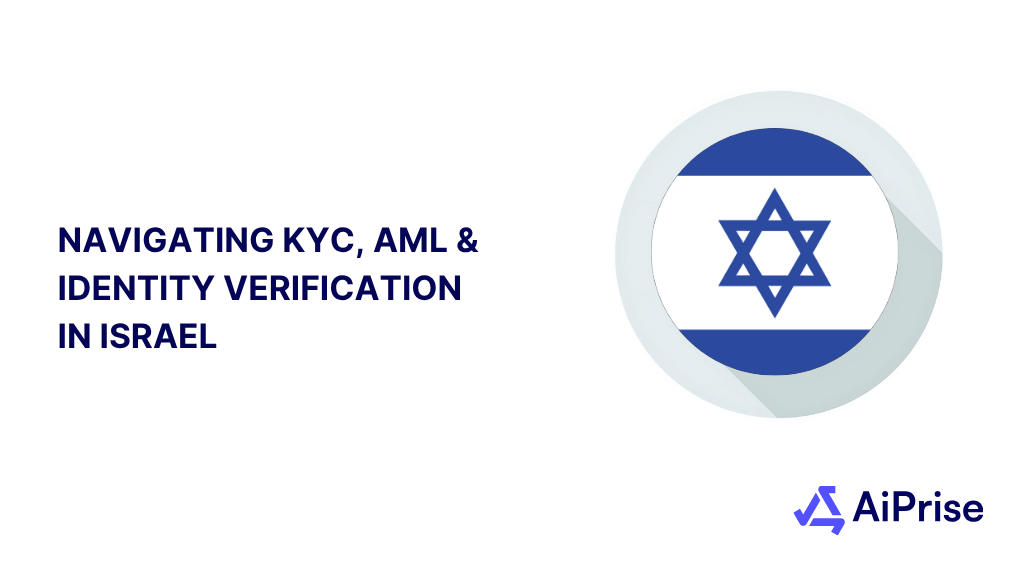AiPrise
14 min read
May 30, 2025
Navigating KYC, AML and Identity Verification in Finland

Key Takeaways










In 2022, Finland's Financial Supervisory Authority (FIN-FSA) penalized several entities for not following anti-money laundering (AML) practices. These penalties underscore the growing significance of strict KYC (Know Your Customer) and AML regulations in Finland. With rising scrutiny of financial institutions, businesses must ensure they meet these regulations to protect themselves from financial crime.
As Finland continues to strengthen its financial system, businesses must comply with stringent regulations designed to protect against financial crime.
In this blog, we’ll explore Finland’s regulatory framework for KYC, AML, and identity verification, why customer identification is crucial, and how businesses can implement effective compliance strategies to meet regulatory standards.
Evolution of Identity Verification in Finland
Finland has a long history of pioneering secure identity verification methods. Traditionally, identity checks relied heavily on physical documents like passports and national ID cards issued by the Population Register Centre.
Over the decades, Finland has embraced digital transformation, becoming one of the first countries to introduce a widely used electronic ID system (e-ID) that allows citizens to authenticate themselves online securely.
The introduction of strong digital identification methods, including bank ID and mobile ID, laid the groundwork for modern e-KYC processes. More recently, biometric verification technologies and AI-driven identity checks have further strengthened Finland’s verification systems.
These advancements show Finland’s dedication to balancing security, privacy, and convenience, supporting both offline and remote verification that complies with global AML and KYC standards.
Finland’s Regulatory Framework for KYC and AML
Finland’s regulatory framework for KYC and AML compliance is built on a set of robust laws and regulations aimed at preventing financial crimes. These regulations are designed to ensure that businesses operating in Finland follow strict procedures for verifying the identities of their customers, monitoring transactions, and reporting suspicious activities.
Key Regulations
- The Act on the Prevention of Money Laundering and Terrorist Financing (2021)
This is the core piece of legislation that sets out the requirements for KYC and AML compliance in Finland. It mandates financial institutions to conduct thorough customer due diligence, maintain records of transactions, and report any suspicious activities to the authorities. - The Finnish Criminal Code (Chapter 34)
This part of the Criminal Code criminalizes money laundering and terrorist financing. It also specifies penalties for violations of anti-money laundering laws and provides the legal basis for prosecution.
Regulatory Bodies Involved
- Financial Supervisory Authority (FIN-FSA): As the primary regulator for the financial sector, FIN-FSA ensures that financial institutions and other businesses comply with KYC and AML laws. It regularly conducts inspections and audits to assess the effectiveness of compliance programs and to address potential gaps.
- The Financial Intelligence Unit (FIU): FIU is responsible for receiving and analyzing reports of suspicious transactions. It plays a key role in supporting the enforcement of anti-money laundering laws in Finland by working closely with both domestic and international regulatory bodies.
Moving ahead, let’s understand the specific KYC and AML compliance requirements that businesses in Finland must follow to stay in line with these regulations.
KYC and AML Compliance Requirements in Finland
Businesses operating in Finland must comply with strict KYC (Know Your Customer) and AML (Anti-Money Laundering) regulations to ensure the integrity of their financial systems and prevent illicit activities.
These requirements are in place to ensure businesses properly verify their customers’ identities, understand their financial transactions, and detect suspicious activities.
KYC Requirements in Finland
Finland’s KYC regulations require businesses to verify customer identities thoroughly. And the following measures help build trust and ensure transparency in all financial dealings.

- Customer Due Diligence (CDD)
- Basic CDD: This involves collecting basic customer information such as name, address, date of birth, nationality, and an official identification number (e.g., Finnish ID card or passport).
This step ensures that businesses verify the identity of their customers before initiating a business relationship or financial transaction.
- Enhanced Due Diligence (EDD): Businesses must carry out more detailed investigations for high-risk customers, such as politically exposed persons (PEPs) or those from high-risk jurisdictions.
This includes verifying the source of funds and assessing the purpose of the relationship.
- Ongoing Monitoring
- Continuous Transaction Monitoring: Compliance doesn’t end with initial verification. Businesses must continuously monitor their customers' transactions to identify any unusual or suspicious activity.
This can include large transactions that don’t align with a customer's normal behavior or transactions involving high-risk regions or parties.
- Periodic Updates: Risk profiles must be updated regularly to reflect any changes in the customer’s behavior or financial activity. This helps ensure that businesses stay compliant over time and can detect potential risks early.
- Reporting Suspicious Activities
If any suspicious transactions are identified, businesses must report them to the Financial Intelligence Unit (FIU) in Finland. The FIU analyzes these reports to assess potential financial crimes, including money laundering or terrorist financing.
- Record-Keeping
Businesses are required to maintain comprehensive records of all customer transactions and KYC documentation for a minimum of five years. These records ensure that businesses can provide necessary documentation during audits or inspections by regulatory authorities.
AML Requirements in Finland
- Risk-Based Approach
- Finland’s AML regulations require businesses to adopt a risk-based approach. This means that businesses must assess their customers' risk levels and apply a proportional level of scrutiny based on their risk profiles.
- High-Risk Customers: For customers deemed high risk, enhanced monitoring and reporting measures must be implemented, ensuring that businesses remain vigilant against potential threats.
- Transaction Monitoring
Financial transactions must be continuously monitored to identify suspicious activities. Automated transaction monitoring systems can help businesses flag irregular activities in real time, enabling them to take swift action.
- Sanctions Screening
Businesses must screen customers against international sanctions lists, such as those provided by the United Nations, European Union, and OFAC (Office of Foreign Assets Control). This ensures that businesses do not engage in financial transactions with parties that are subject to financial restrictions.
Identity Verification in Finland
Identity verification is the foundation of KYC and AML compliance in Finland. Verifying customers' identities not only ensures that businesses comply with regulations but also helps protect against fraud and financial crime.
Finland has established clear guidelines for identity verification, ensuring that businesses can confirm the legitimacy of their customers.
Commonly Used Identity Documents in Finland
These documents form the backbone of identity verification in Finland, providing a reliable way to confirm customer identities. Beyond physical IDs, digital and biometric methods are increasingly shaping the future of secure verification.
- Finnish ID Card: This is the most widely used document for verifying the identity of Finnish citizens and residents.
- Passport: Foreign nationals or travelers are typically required to provide a passport as proof of identity.
- Driver’s License: In some cases, a driver’s license can be used as an alternative form of identification.
- Residence Permit: Foreign residents can use their Finnish residence permit to verify their identity.
Digital and Biometric Verification
As Finland continues to embrace digital innovation, digital identity verification is becoming more prevalent. E-KYC (electronic Know Your Customer) processes allow businesses to verify identities remotely, which is particularly useful for digital banking and financial services.
Additionally, biometric verification methods like facial recognition and fingerprint scanning are being increasingly used to enhance security and ensure accurate identity verification.
These technologies help streamline the verification process, reduce the risk of identity fraud, and improve the customer experience by making the process faster and more convenient.
With identity verification in place, businesses must screen customers against adverse media and watchlists to mitigate risks further. Let’s explore why this step is essential for maintaining compliance in Finland.
Adverse Media and Watchlist Screening
In Finland, adverse media and watchlist screening play a crucial role in maintaining compliance with KYC and AML regulations. While identity verification ensures that businesses know who they are dealing with, screening customers against watchlists and news helps find those potentially involved in illegal activities.
Why is Screening Essential?
Screening helps businesses identify potential risks early by flagging individuals or entities involved in illegal activities. It is a critical step in preventing financial crime and ensuring compliance with local and international regulations.
- Sanctions Lists: Businesses must screen customers against global sanctions lists such as those from the United Nations (UN), European Union (EU), and OFAC (Office of Foreign Assets Control).
This ensures that businesses do not engage in financial transactions with individuals or entities that are subject to international sanctions or restrictions.
- Watchlists: In addition to sanctions lists, businesses must screen customers against global watchlists that track individuals or entities with a history of financial crimes, terrorism, or other criminal activities. This helps identify customers who could pose a potential risk to the business.
- Adverse Media: Screening against adverse media sources (e.g., news articles, reports) helps identify negative information about customers, such as involvement in financial fraud, money laundering, or corruption.
This media screening helps businesses stay informed about their customers’ backgrounds, allowing them to avoid potential risks.
The Role of Screening Tools
Automated screening tools simplify the process of checking customers against these lists and media sources. These tools can instantly flag any potential matches, ensuring that businesses in Finland can comply with AML regulations without delays.
Automated screening improves efficiency, reduces human error, and helps businesses manage large volumes of customer data effectively.
As the regulatory landscape evolves, businesses must also stay ahead of the latest compliance technologies that can further optimize their processes. Let’s now explore how compliance technology and innovation are transforming KYC, AML, and identity verification in Finland.
AiPrise Solutions for KYC, AML, and Identity Verification in Finland

AiPrise offers a powerful platform that simplifies KYC, AML, and identity verification for businesses in Finland. With cutting-edge technology, AiPrise helps ensure compliance while minimizing risks and improving efficiency.
- Global Data Access: AiPrise integrates data from over 100 global sources, including 500 million businesses and 5 billion users, providing accurate, efficient due diligence for businesses in Finland.
- Advanced Verification Tools: AiPrise offers biometric verification, AI-driven risk detection, and real-time monitoring to ensure businesses meet stringent compliance standards while preventing fraud.
- Seamless Integration: AiPrise integrates smoothly into existing workflows, automating compliance tasks and generating reports, reducing manual effort and errors.
AiPrise helps businesses in Finland streamline compliance, stay secure, and mitigate financial crime risks efficiently.
With AiPrise’s advanced tools simplifying compliance, businesses in Finland can focus on what matters most—growth and security.
Conclusion
Navigating KYC, AML, and identity verification regulations in Finland is essential for businesses to protect themselves from financial crime and ensure compliance with local and international standards. With a robust regulatory framework and growing emphasis on effective customer due diligence, businesses must adopt efficient practices to mitigate risks.
By implementing a risk-based approach, utilizing advanced technologies like biometric verification and AI, and ensuring comprehensive compliance programs, businesses can not only comply with regulations but also build trust with customers and regulators alike.
Ready to simplify your compliance processes in Finland?
Book a Demo with AiPrise today and discover how our platform can help you stay compliant and secure in Finland’s evolving financial landscape.
Frequently Asked Questions (FAQs)
1. What are the key KYC requirements for businesses operating in Finland?
Businesses in Finland must perform thorough customer due diligence, including collecting basic identification details and conducting enhanced checks for high-risk customers. Ongoing monitoring and regular updates of customer profiles are also required.
2. Which documents are commonly accepted for identity verification in Finland?
Finnish ID cards, passports, driver’s licenses, and residence permits are commonly used to verify identities. Digital and biometric verification methods are also widely adopted.
3. How does Finland’s AML regulation approach high-risk customers?
Finland applies a risk-based approach, requiring enhanced due diligence and stricter monitoring for customers deemed high risk, such as politically exposed persons (PEPs) or those from high-risk jurisdictions.
4. What role does the Financial Supervisory Authority (FIN-FSA) play in AML compliance?
FIN-FSA oversees the enforcement of AML and KYC regulations, conducts inspections, imposes fines for non-compliance, and provides guidance to ensure businesses meet regulatory standards.
5. Why is adverse media and watchlist screening important in Finland?
Screening helps identify customers involved in illegal activities or subject to international sanctions, reducing the risk of financial crime and ensuring compliance with global regulations.
6. How long must businesses in Finland keep KYC records?
Businesses are required to retain customer identification data and transaction records for at least five years to comply with regulatory inspections and audits.
7. Can businesses in Finland perform identity verification remotely?
Yes, digital identity verification methods, including e-KYC processes and biometric technologies, allow for secure remote verification, enhancing convenience without compromising compliance.
8. What are the penalties for failing to comply with Finland’s AML regulations?
The Financial Supervisory Authority (FIN-FSA) can impose fines and sanctions on businesses that fail to meet AML requirements, as evidenced by several penalties issued in 2022.
You might want to read these...

AiPrise’s data coverage and AI agents were the deciding factors for us. They’ve made our onboarding 80% faster. It is also a very intuitive platform.





Speed Up Your Compliance by 10x
Automate your compliance processes with AiPrise and focus on growing your business.




.jpg)




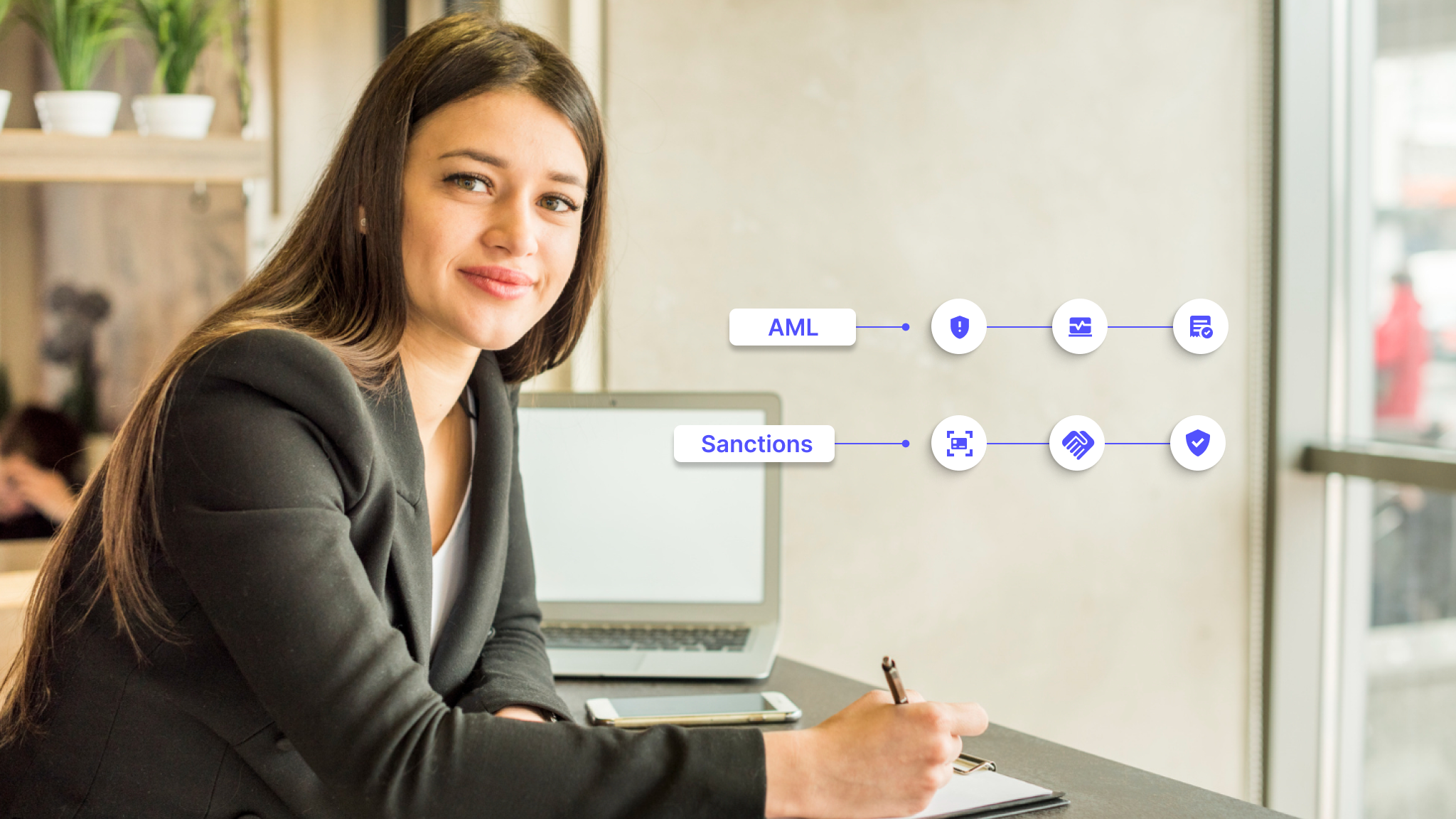















.jpeg)






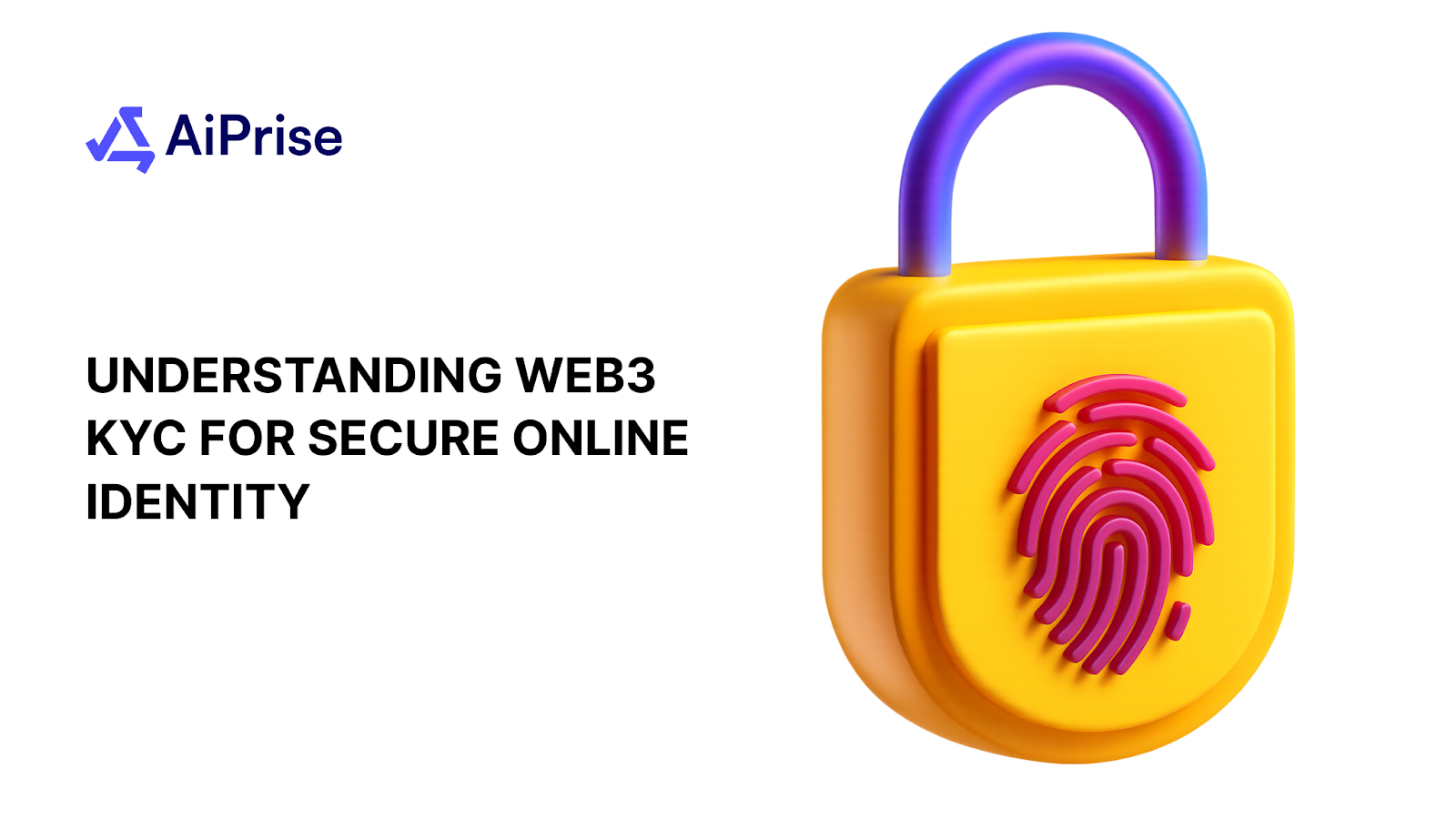
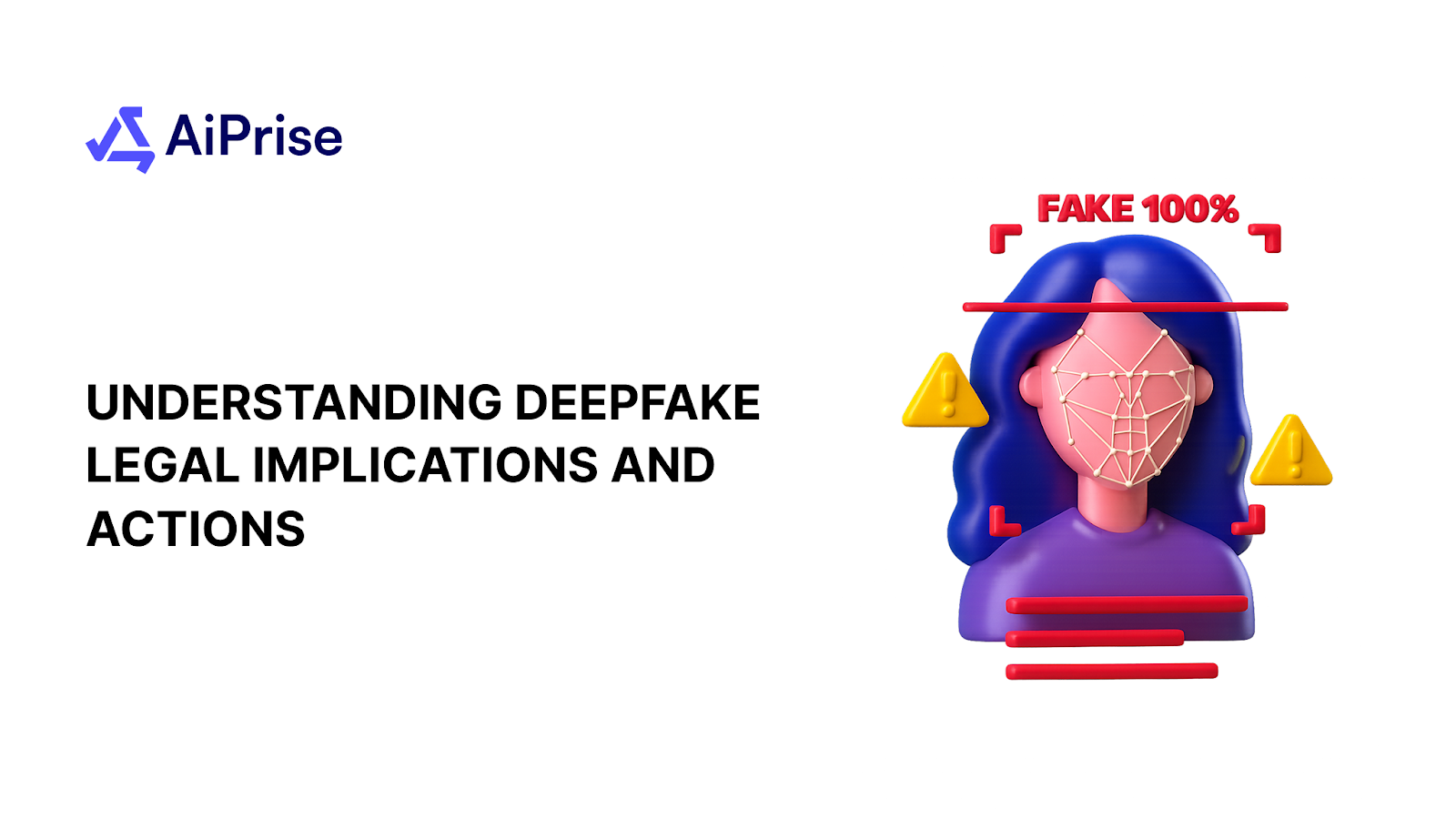
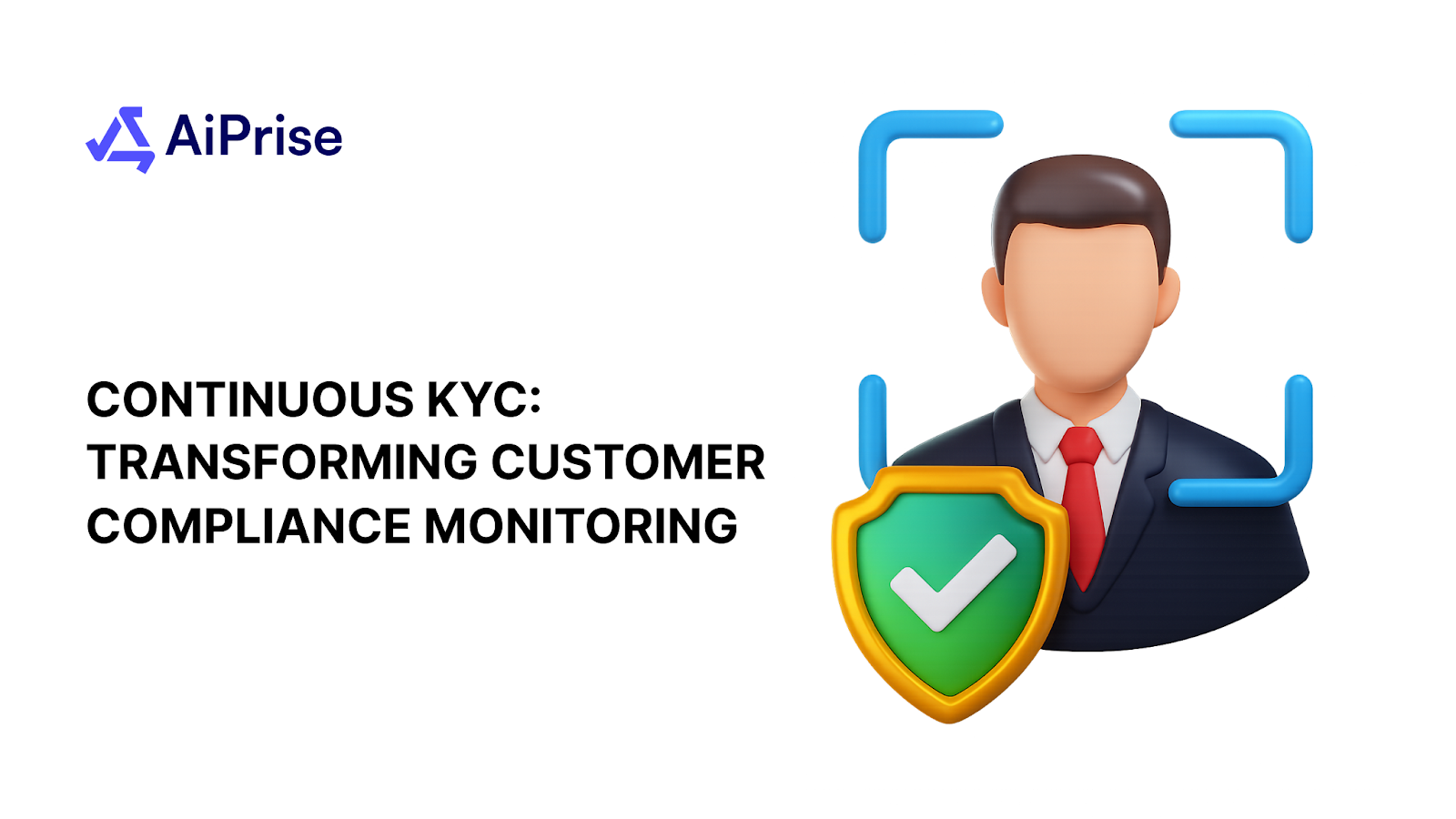

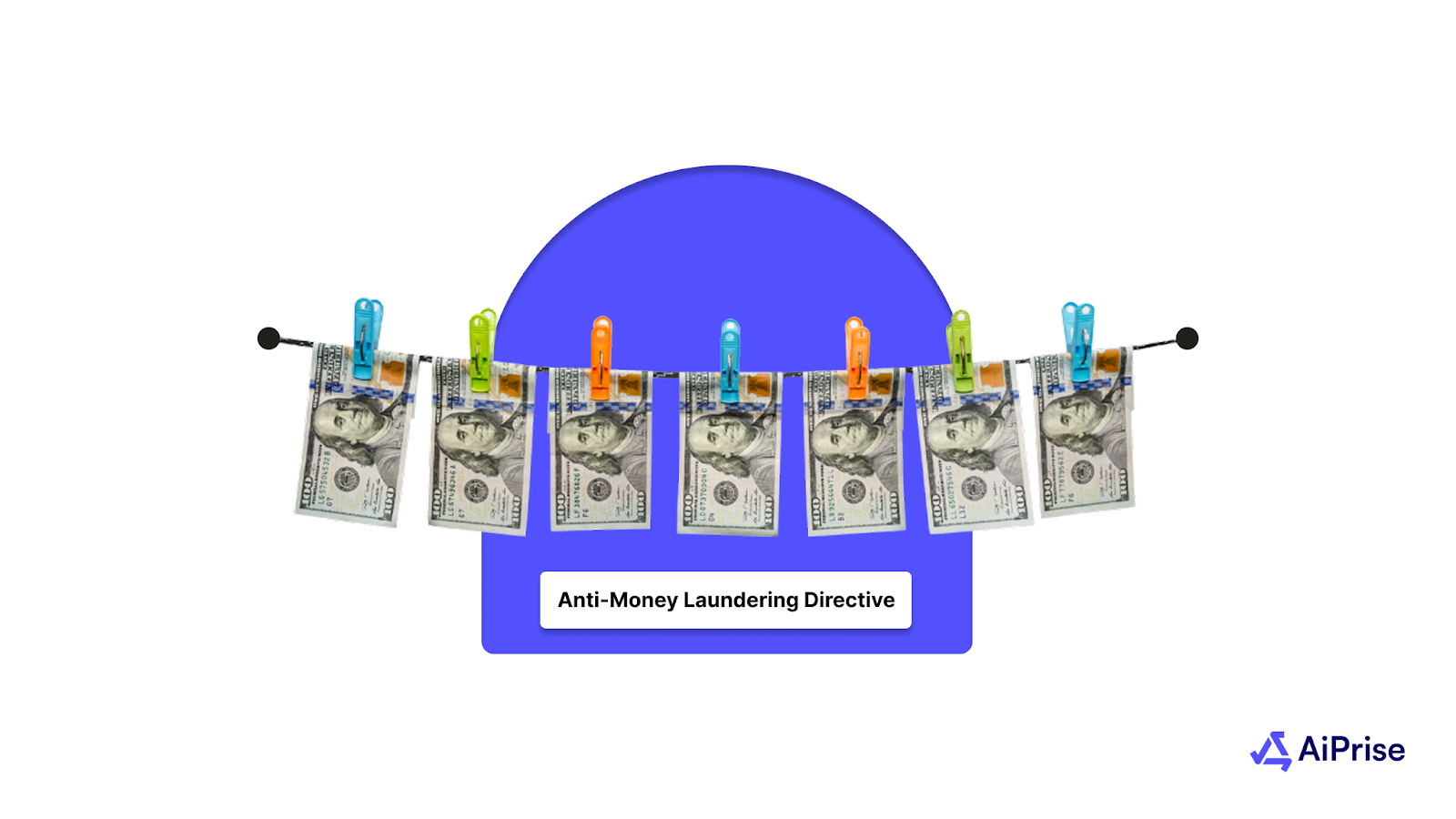
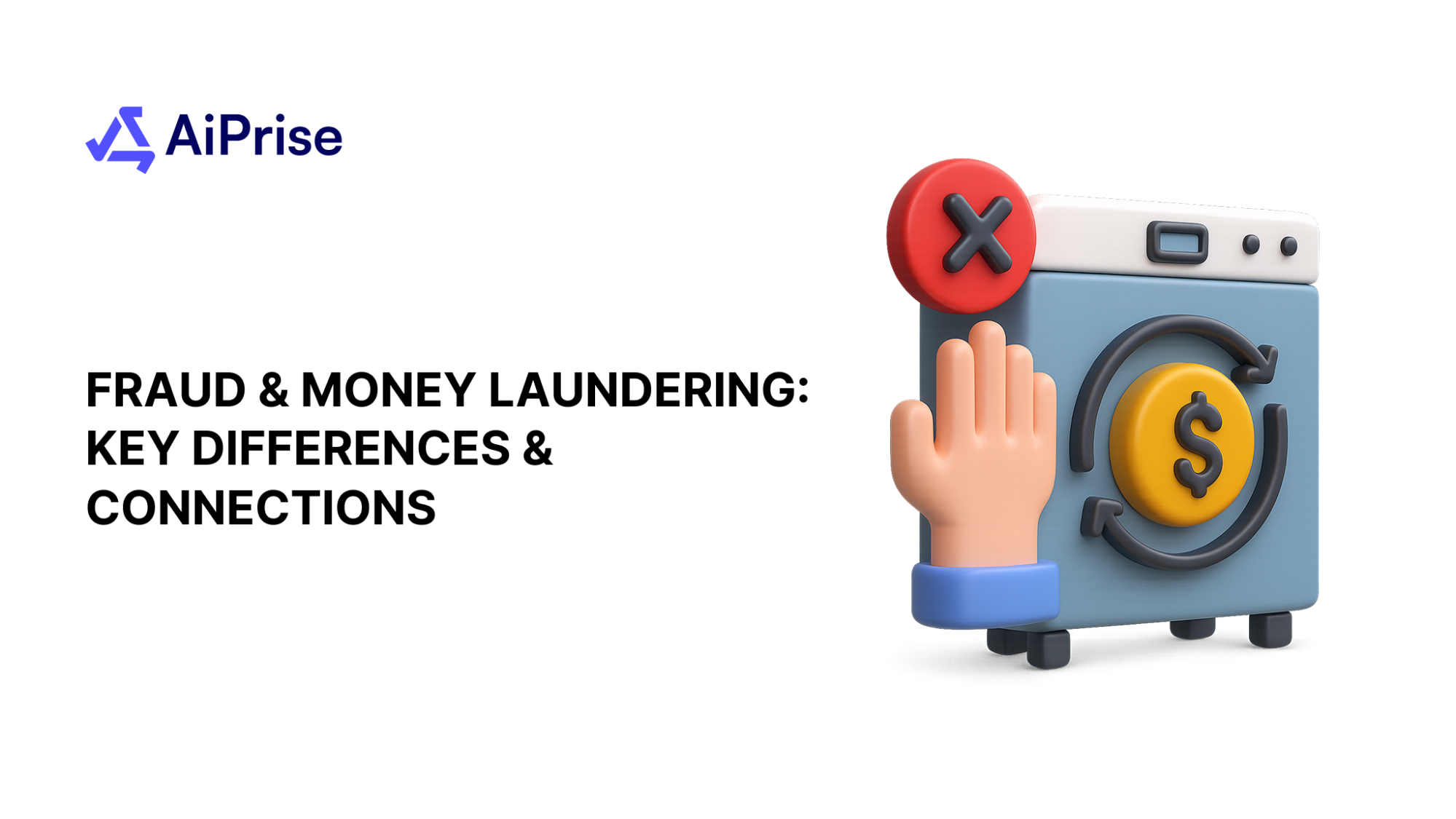
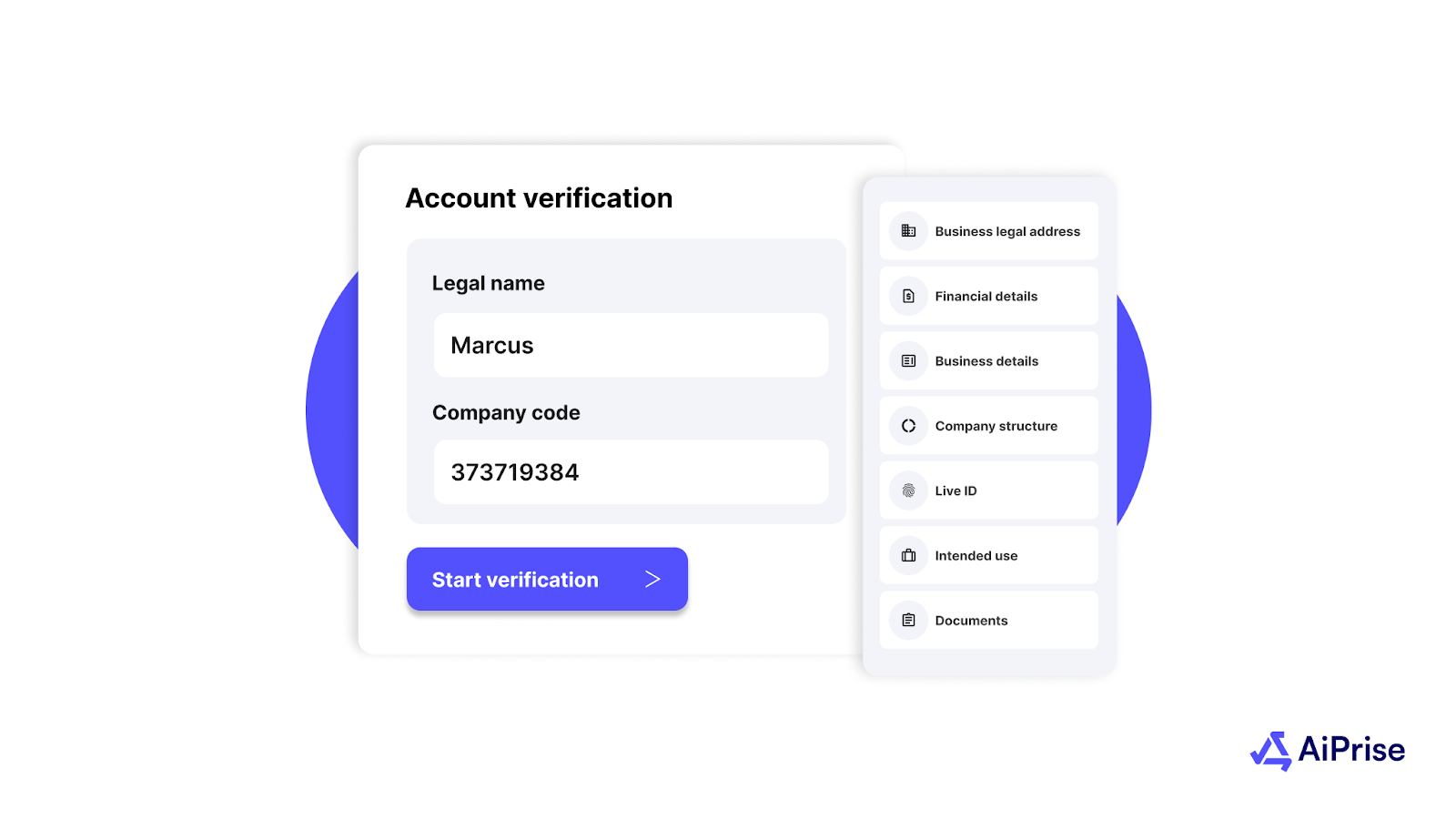

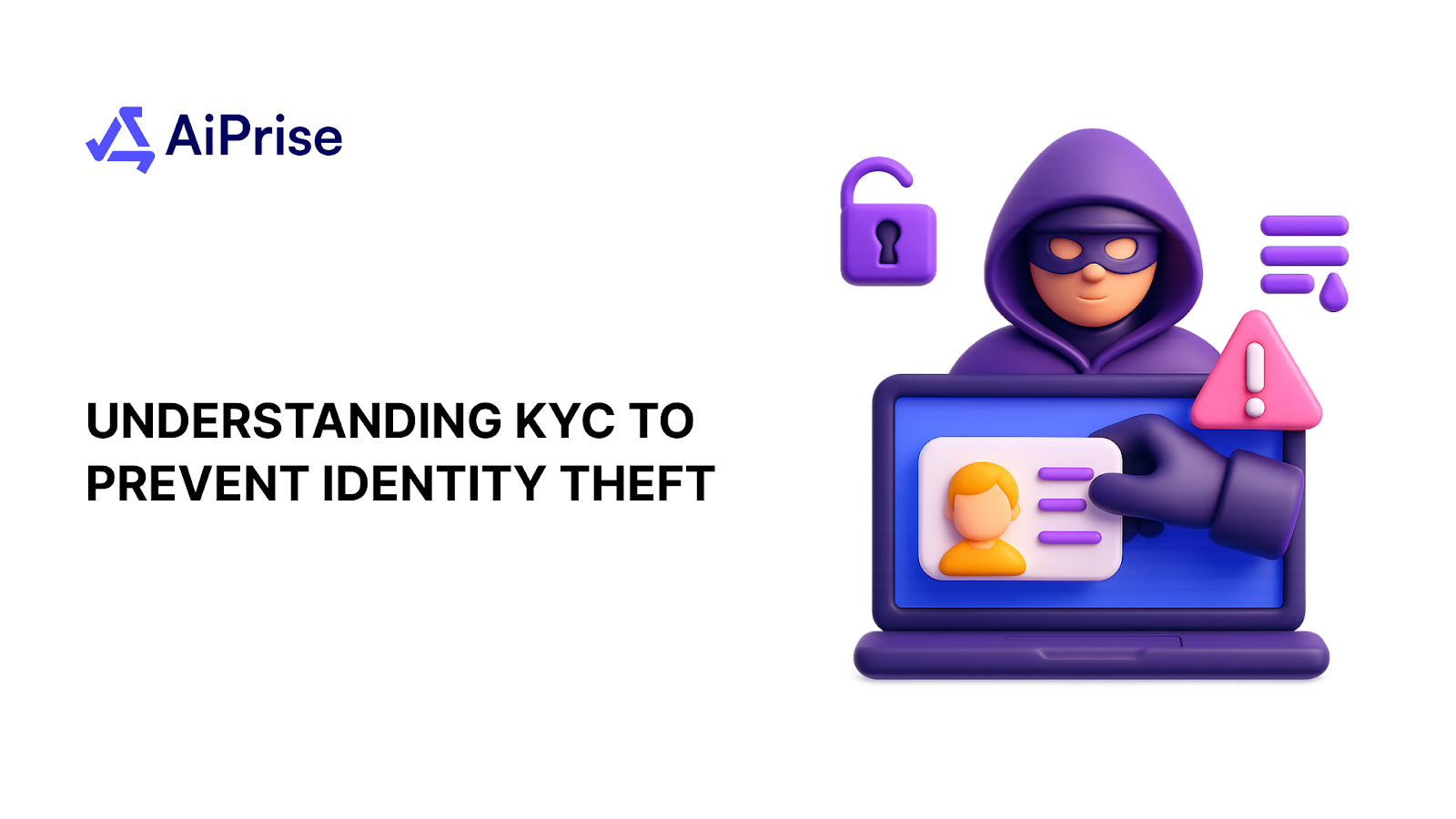
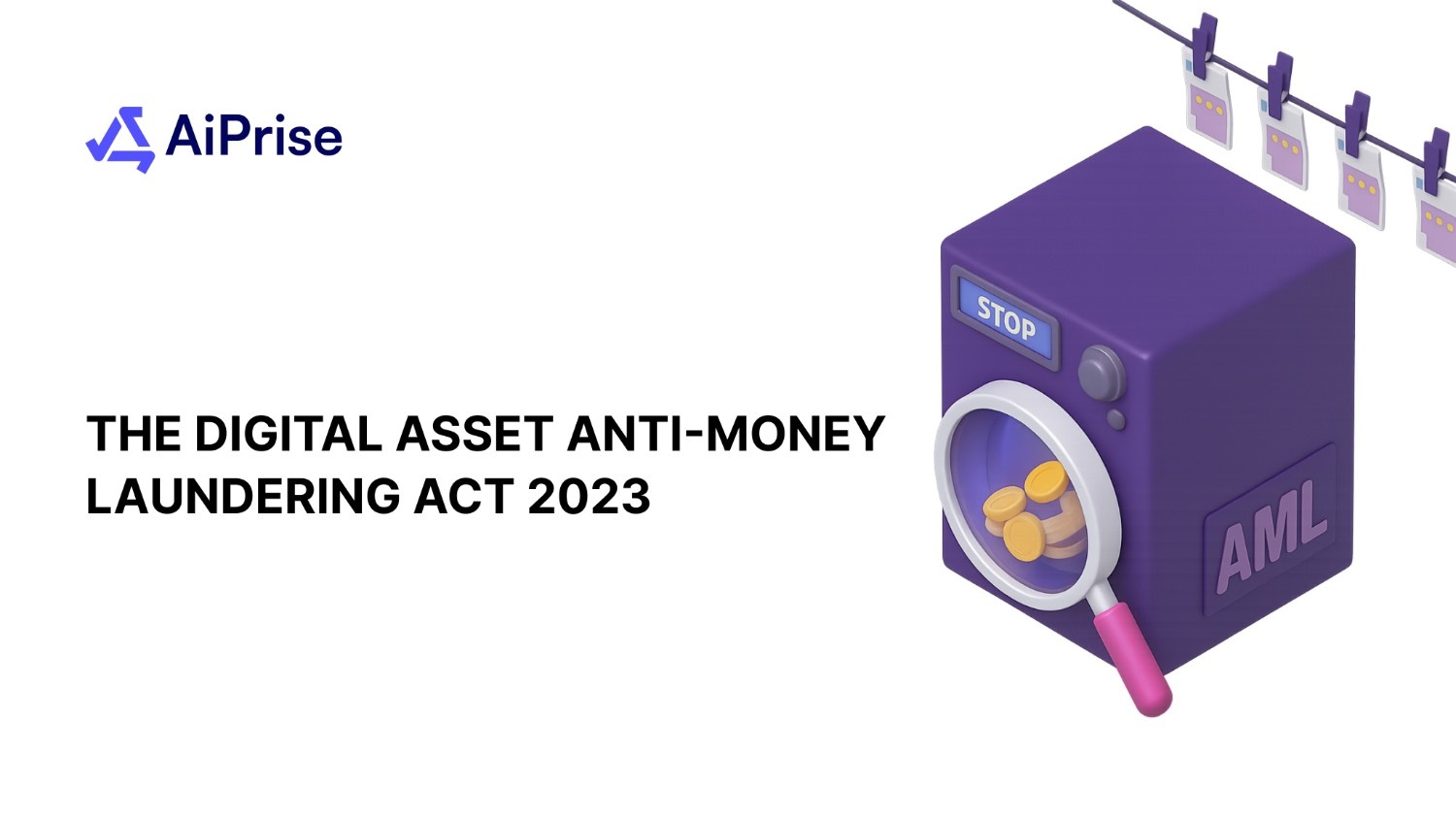


.png)
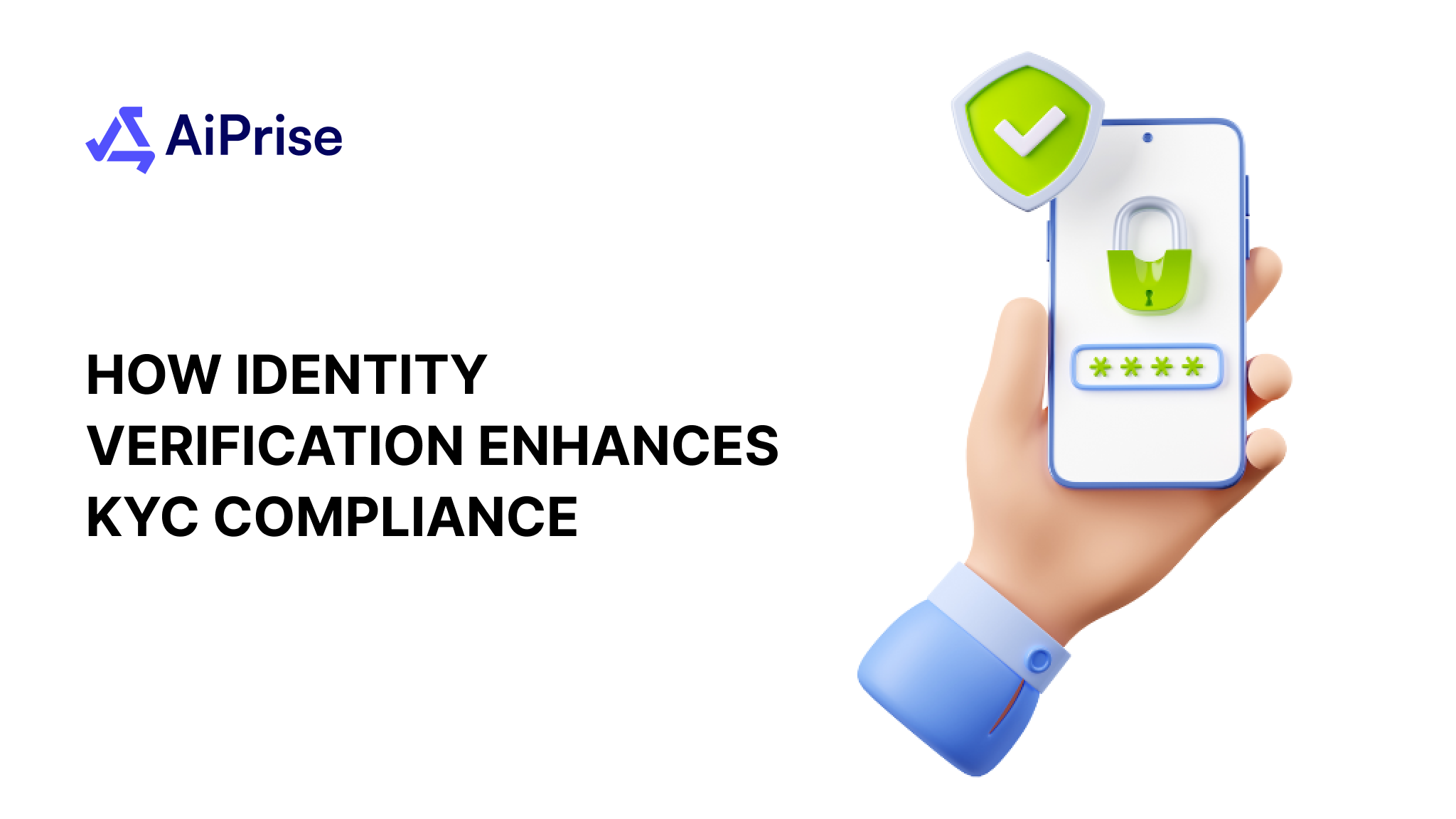
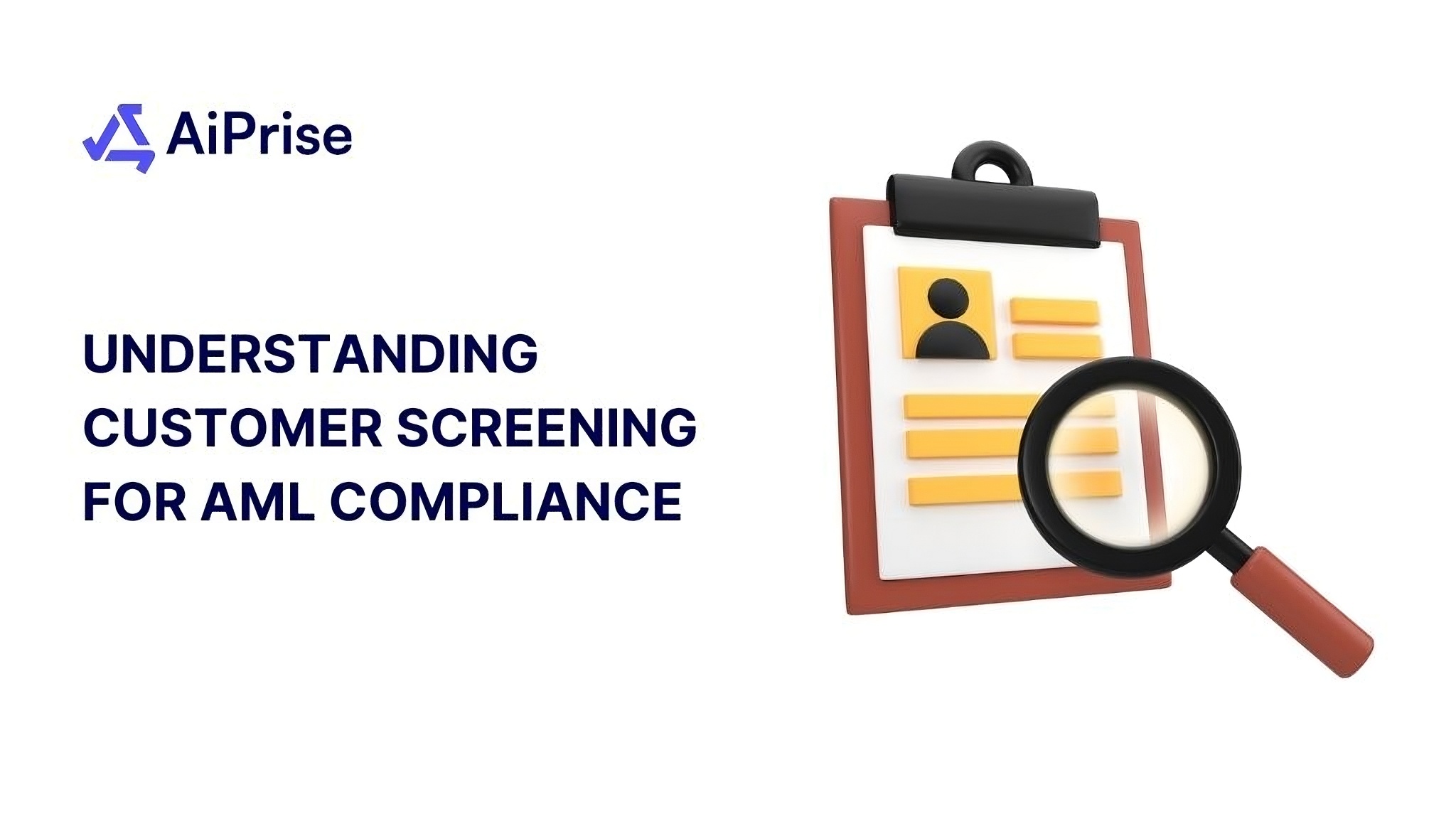

.png)
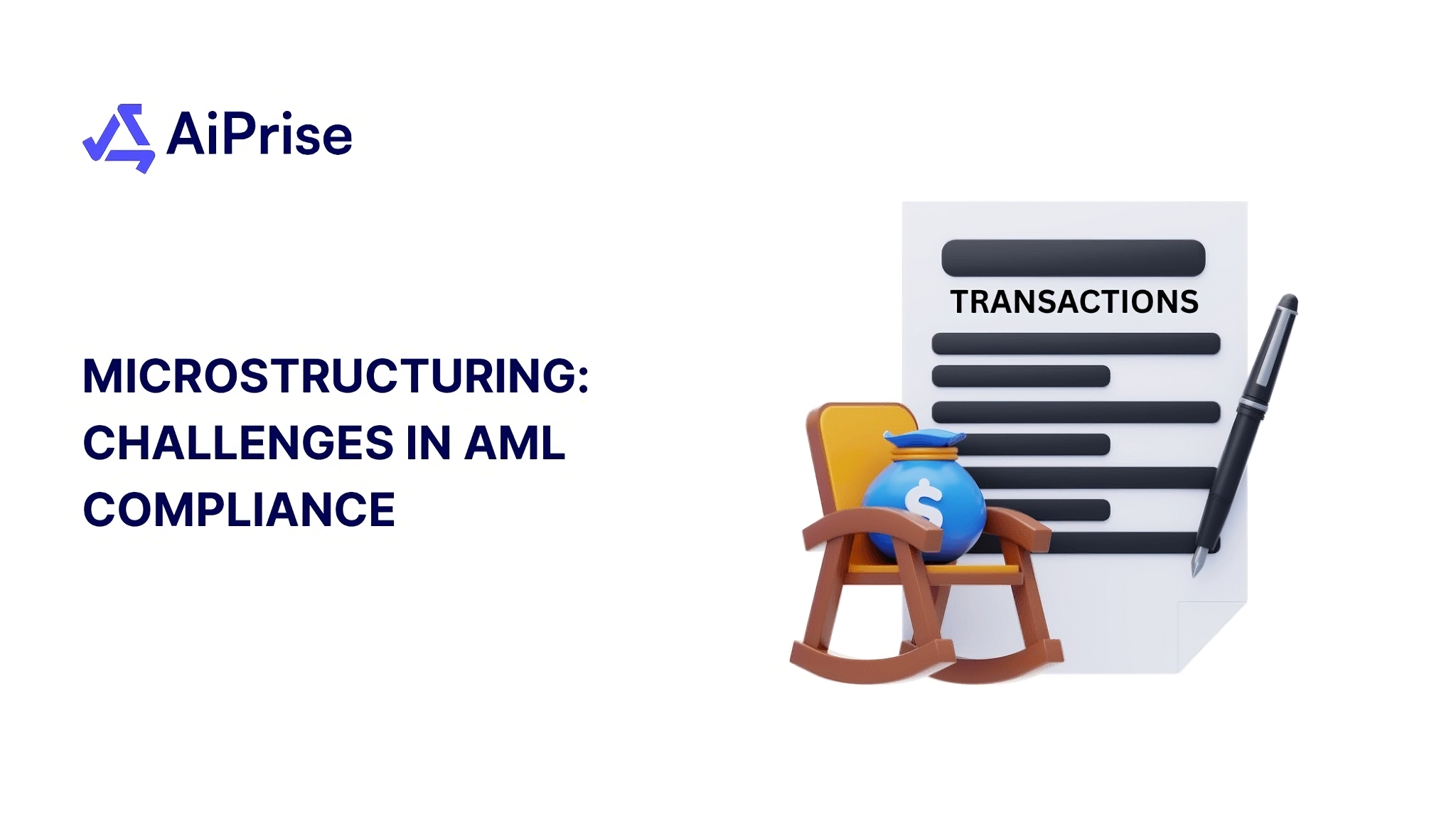

.png)
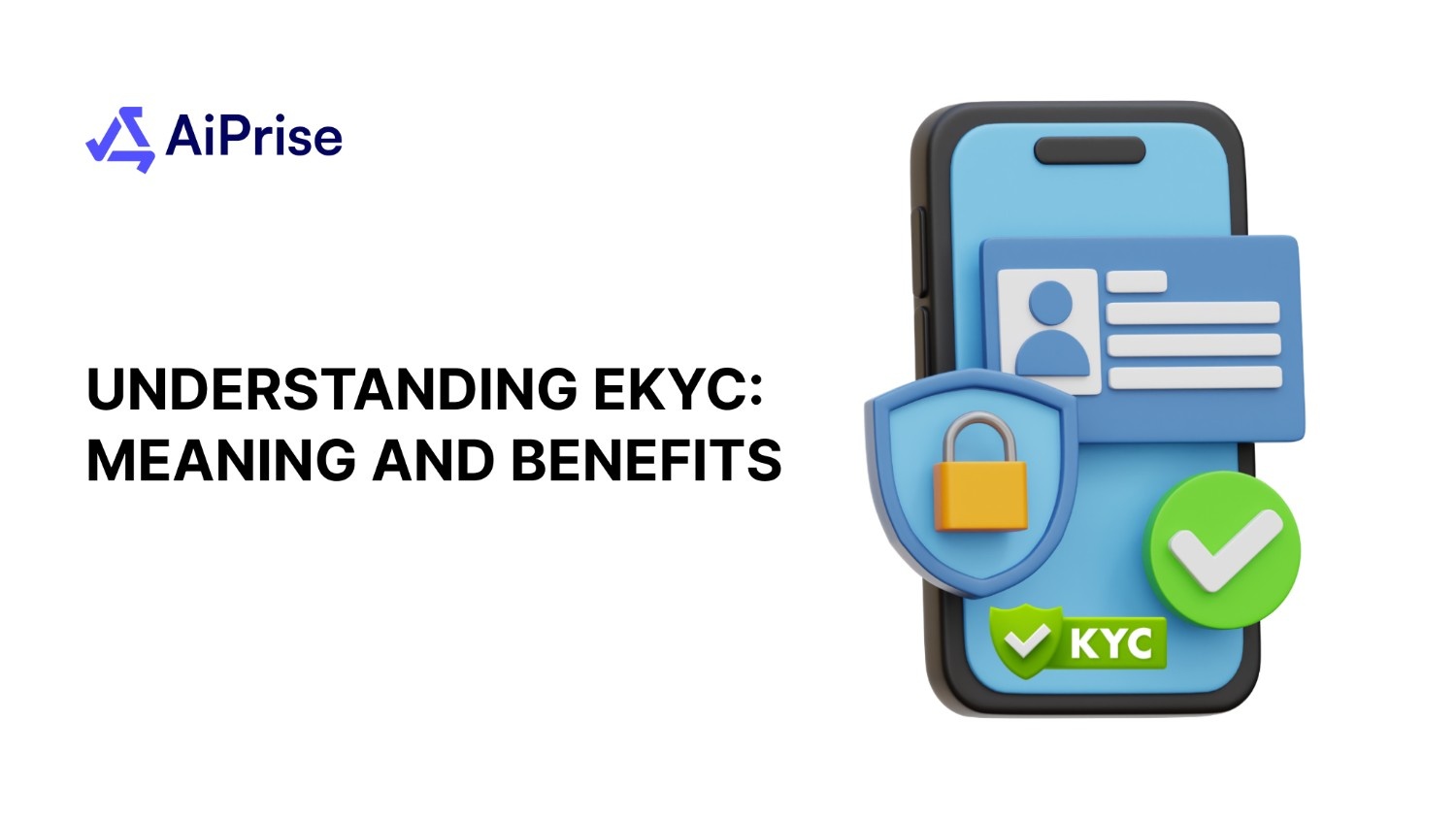
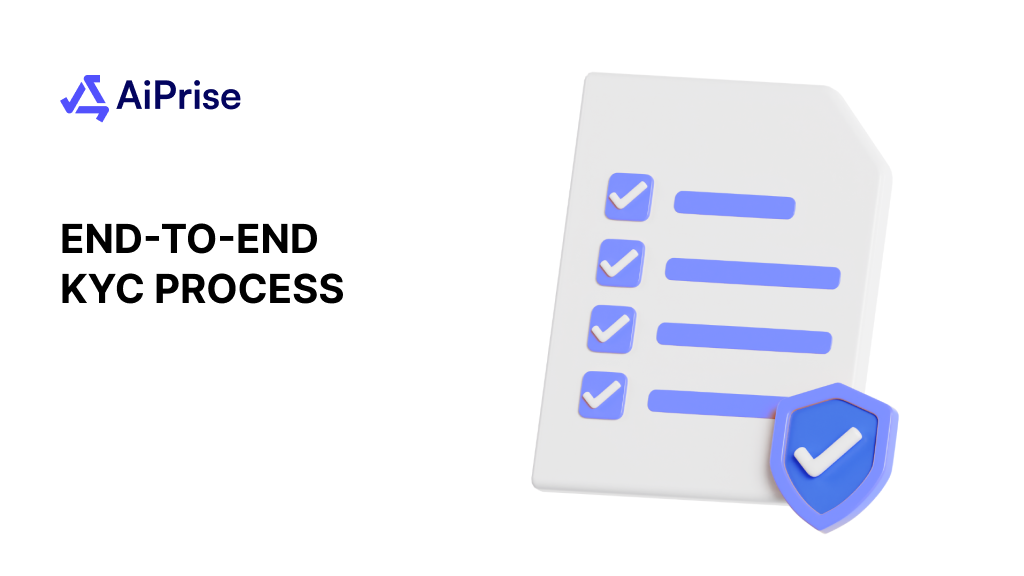

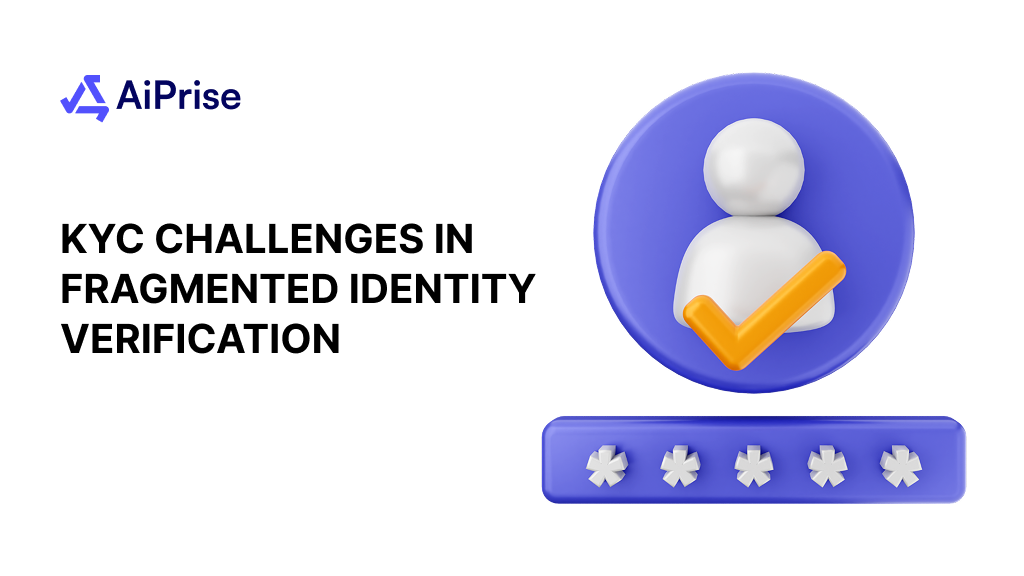

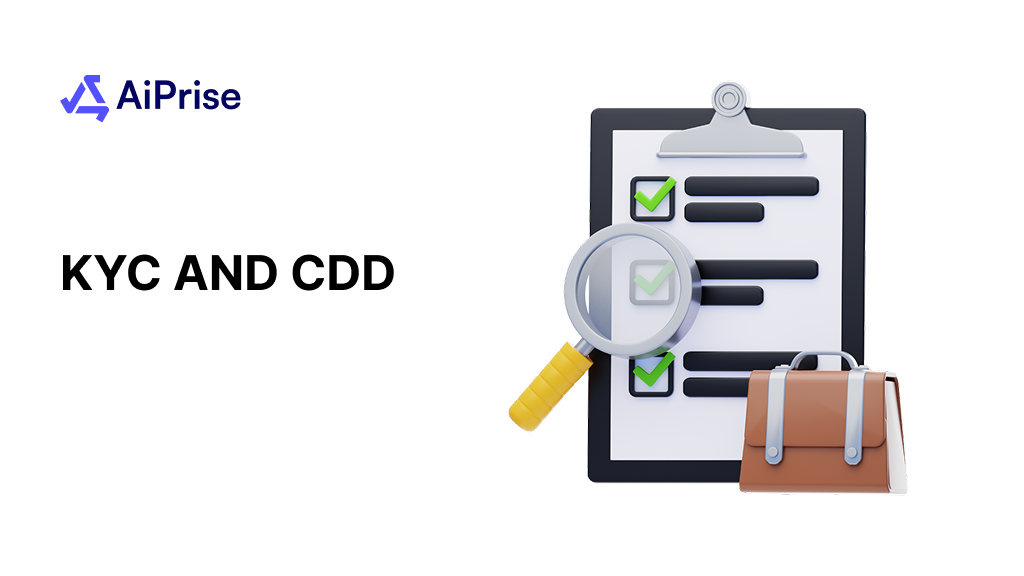










.png)





